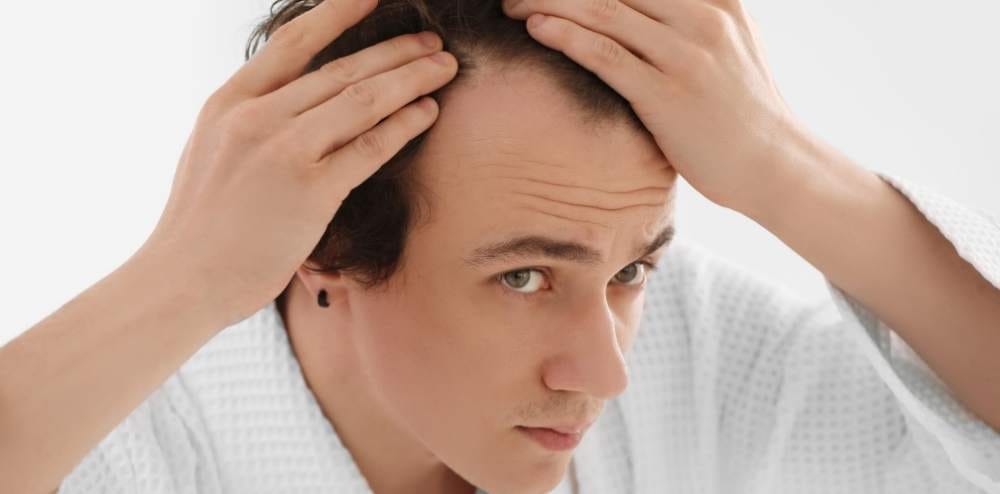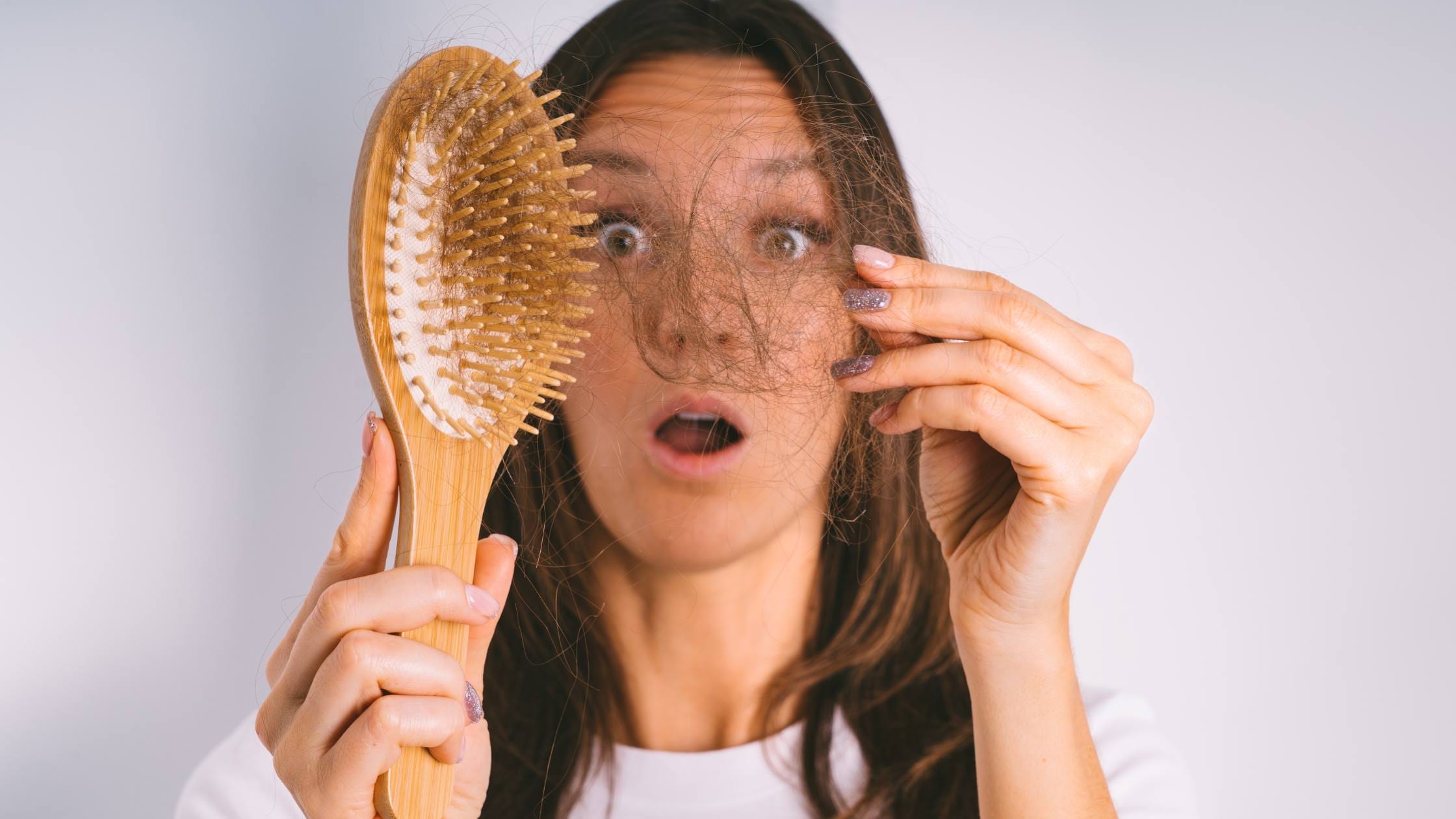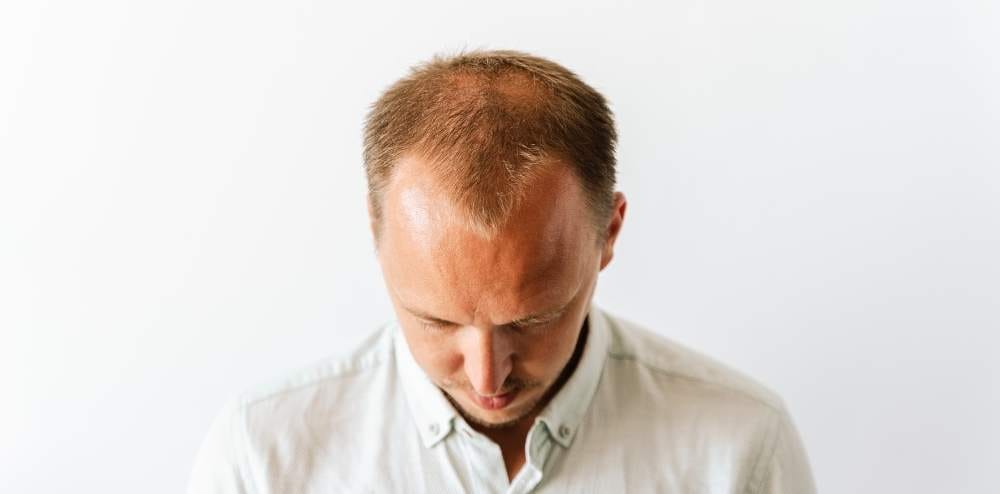Hair transplants are one of the most sought-after treatments for hair loss, and indeed one of the key questions that is always put forward regarding the procedure is whether it is permanent. Quite short, hair transplantation is long-lasting. However, the factors underpinning permanency at least can help you make an informed decision regarding this life-changing procedure.
The Basics of How Long Hair Transplants Last
A hair transplant works by relocating hair follicles from a donor area-usually the back or sides of the scalp-to areas where hair loss has occurred. The donor area is carefully chosen because the follicles there are genetically resistant to the hormone DHT, which often causes hair loss in other parts of the scalp. These DHT-resistant follicles continue to grow indefinitely when transferred to an area of thinning or baldness, just as they would in their original site. In effect, making the transplanted hair immune to future loss or thinning.
Why Transplanted Hair Lasts Long
The permanency of a hair transplant comes down to the nature of the transplanted follicles. Because these hairs are taken from sites with DHT-resistant hair, they also maintain this resistance even after their movement. This necessarily means they are resistant to being affected by pattern baldness, which is very common in male and female hair loss.
However, while the transplanted hair is permanent for the most part, one must also remember that the non-transplanted hair around the head might continue to thin out in due course. Some individuals may consider, therefore, subsequent or follow-up treatments to achieve symmetrical and full look as this happens with their continuous hair loss.
Maintenance and Long-Term Care
After hair transplantation is carried out, the strands live their life like all the others, with no special care required when it has completely grown. You can wash it, cut it, and style it just like your old hair. Though the transplanted follicles are permanent, living a healthy lifestyle will help in fostering the overall health of your scalp and hair. Other measures also help in preserving hair quality, including managing stress, taking a well-balanced diet, and avoiding habits that could damage hair health, such as smoking.
When Touch-Ups May Be Needed
There may sometimes be an advancement of hair loss in untransplanted areas, which could cause some spaced or density inconsistencies in an individual over the long run. To maintain an even look, additional procedures may thus be considered by the patient sometime in the future, especially if the person had a genetic predisposition to continued balding.
Conclusion
Hair loss transplants are indeed permanent cures. The procedure makes use of follicles that are resistant to DHT. While the hair itself that has been transplanted is permanent, other factors such as the progress of natural hair loss and a person’s lifestyle may be modifying influences. For most, a hair transplant provides a durable, natural-looking solution, restoring confidence and a fuller head of hair for years to come.



